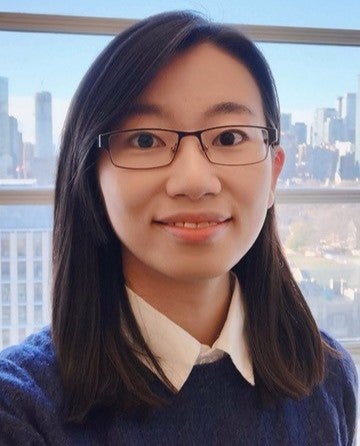
Jennifer Chan is a postdoctoral fellow at the Canadian Institute for Theoretical Astrophysics (CITA) and the Dunlap Institute for Astronomy & Astrophysics at the University of Toronto, supported by joint CITA and University of Toronto Faculty of Arts & Science fellowships. She earned her Ph.D. and M.Sc. in Astrophysics from University College London, and a Bachelor's in Physics from the University of Oxford. Her research focuses on investigating the origins, evolution, and properties of large-scale magnetic fields in the Universe, essential for understanding their impact on cosmic structures. She also studies cosmological reionization, the transition of the Universe from a neutral state to a highly ionized intergalactic medium, which shaped the vast cosmic web connecting galaxies. To advance these studies, she develops tools that bridge theory and observation in the fields of cosmic magnetism and reionization, such as covariant cosmological radiative transfer formalisms, which accurately model the propagation of electromagnetic radiation through different astrophysical environments in an expanding, evolving Universe.
This seminar will conclude by demonstrating CRT's unique capacity to connect simulation and observational data, providing a transformative approach for understanding cosmic reionisation and magnetic fields in the evolving Universe.